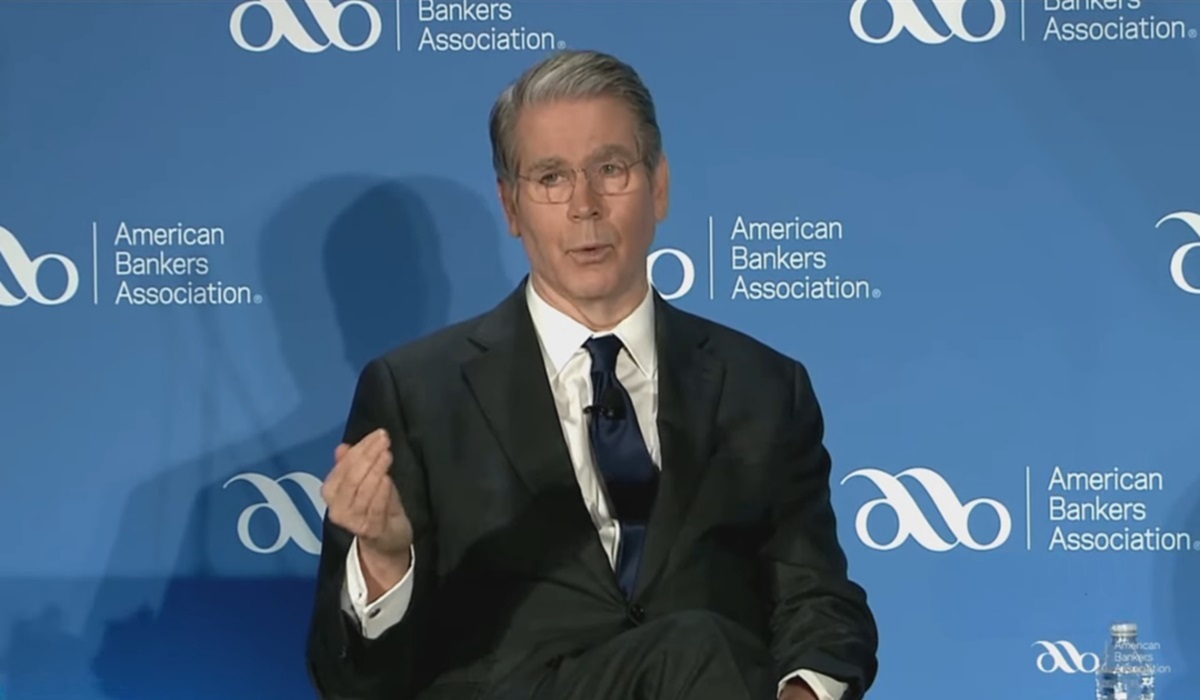Job Boom Ahead, But Training Needed to Fill Millions of Positions, New Report Says
- Ingrid Jones
- U.S.A
- February 28, 2024

WASHINGTON, D.C. – A recent report from the University of Massachusetts Amherst predicts a surge in job creation thanks to federal investments in clean energy, manufacturing, and infrastructure. However, the research also identifies a potential skills gap that could leave millions of positions unfilled.
The analysis, commissioned by the National Skills Coalition and BlueGreen Alliance, examined the impact of the Inflation Reduction Act, Bipartisan Infrastructure Law, and CHIPS and Science Act. The report forecasts the creation of nearly 3 million jobs per year over the lifetime of these laws, with construction and manufacturing leading the way at 453,000 and 230,000 new jobs respectively.
However, the report also warns of potential labor shortages in 20 specific occupations. If these investments reach their full potential without a corresponding increase in qualified workers, the shortage could reach a staggering 1.1 million individuals.
“This is a tremendous opportunity for American workers, but we need to be prepared,” said Robert Pollin, co-director of the University of Massachusetts Amherst Political Economy Research Institute (PERI) and a distinguished professor of economics. “Investing in training programs, apprenticeships, and credentials is crucial to ensure everyone can benefit from this economic boom.”
The report also highlights the potential for these investments to benefit those who haven’t traditionally had access to high-paying careers. It found that 69% of the new jobs won’t require a bachelor’s degree, offering a pathway to better opportunities for many.
However, the research raises concerns about the underrepresentation of women and people of color in the occupations facing potential shortages. The report calls for targeted outreach and support programs to address this disparity.
“We need a concerted effort to improve training opportunities, especially for jobs that don’t require a four-year degree,” said National Skills Coalition CEO Robert Espinoza. “These programs should be accessible to everyone, regardless of background, and provide the support needed to succeed, such as childcare and transportation assistance.”
The report emphasizes collaboration as key to addressing the workforce needs. This includes expanding training and apprenticeship programs, removing logistical barriers to participation, and fostering diversity and inclusion in these growing sectors.
By investing in workforce development and ensuring equitable access to these opportunities, stakeholders can ensure the success of these major federal investments and create a more inclusive and prosperous future for the American workforce.








